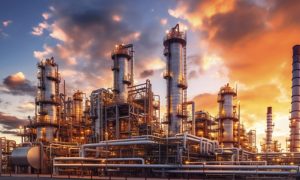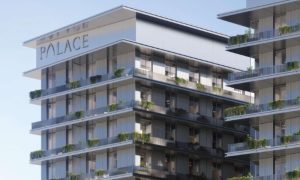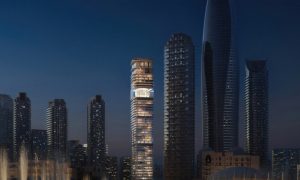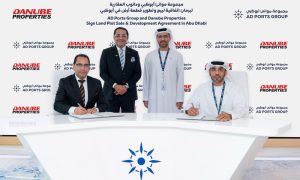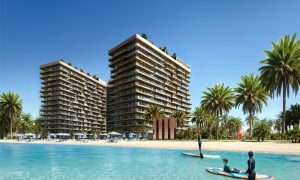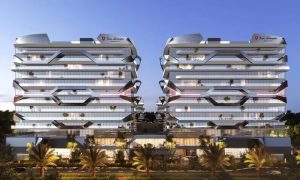Bahrain awards $36.5mn wastewater plant contract to UK-financed Bluewater Bio
British company Bluewater Bio to work on the project under a 22-month contract
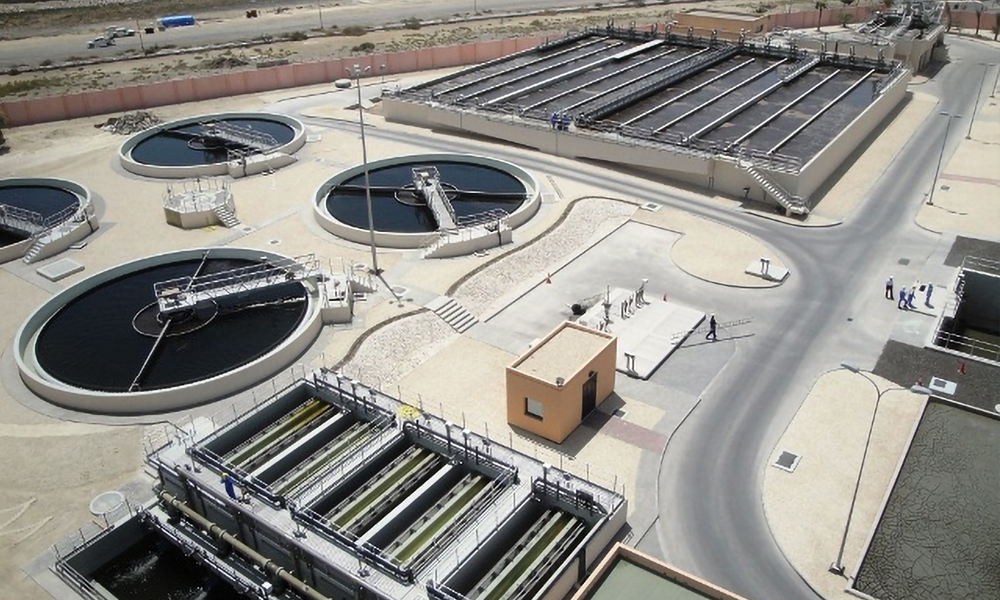
Bahrain’s Ministry of Works has awarded a $36.5 million contract to water treatment provider Bluewater Bio to upgrade and expand the wastewater plant on the Tubli Bay Area in the country. Bluewater Bio will be responsible for all aspects of engineering, acting as EPC contractor and technology supplier.
The Tubli wastewater treatment plant is the largest in the country serving a population equivalent to 1.4 million, Bluewater Bio said in a statement. It also mentioned that the new project is the second contract with the Ministry of Works at Tubli Bay and is being financed by UK Export & Finance (UKEF).
Richard Haddon, Executive Chairman of Bluewater Bio, said that he is delighted the company has been engaged to install their technology for the ongoing environmental improvement to Tubli Bay.
“The Government of Bahrain has made this decision knowing us and our products, as they have existing HYBACS units operating successfully within their treatment works,” he explained.
His Excellency, Ahmed A. Aziz AL Khayat, Under Secretary, Ministry of Works, added: “We have worked with Bluewater Bio over many years and know the benefits that their technology brings and therefore we are looking forward to this upgrade to our plant. It will further enhance the water provision for both the residents and businesses of Bahrain.”
Simon Martin CMG, British Ambassador to Bahrain said that this development is an excellent example of a positive British-Bahraini collaboration.
This project will further deliver 120 million litres per day (MLD) uplift in treatment capacity, bringing the overall treated to 230 MLD, for which the contract duration is 22 months. Once completed, Bluewater Bio will operate and maintain the new plant along with the existing Hybrid Activated Sludge process (HYBACS) plant which was installed five years earlier.
Fergus Rooksby, Commercial Director of Bluewater Bio, said: “HYBACS’ ability to increase existing plants capacities by around 2.5 times, without the need for significant additional structures, makes it ideally suited to many of the regions current needs of expanding populations, limited space and increasing need for high quality TSE for reuse.”
“The technology’s modularity enables clients to phase their spend and tailor it more to their immediate needs rather than having to build plants with 10-15 year design horizons,” he concluded.
